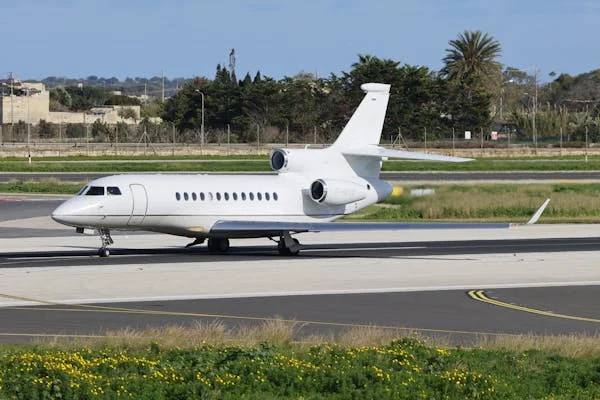Owning an aircraft involves significant responsibilities, including financial risks and liability concerns. Proper insurance coverage is essential whether an aircraft is used for personal or business purposes. Accidents, damages, and legal claims can result in substantial costs without the proper protection. Choosing between private and commercial policies depends on usage, operational risks, and regulatory requirements.
Understanding the differences between these policies helps aircraft owners and operators make informed decisions. Private aviation insurance suits individuals using aircraft for leisure, while commercial coverage is designed for business operations. Let’s explore their key distinctions and benefits to ensure the right coverage for every aviation need.
What is Private Aviation Insurance?
Private aviation insurance covers aircraft used for personal or recreational purposes. It protects private aircraft owners from financial losses due to accidents, damages, or liabilities. The policy is designed for individuals who do not use their planes for business or commercial transport. Coverage typically includes liability protection, hull damage, and medical expenses for passengers.
Benefits of Private Aviation Insurance
Private aircraft owners enjoy several advantages by securing the right plane coverage.
- Lower Premium Costs: Insurers offer lower premiums than commercial policies since private planes are used less frequently.
- Flexible Coverage Options: Owners can customize their policies to fit specific needs, including liability limits and hull protection.
- Protection Against Accidental Damage: This coverage ensures financial security if an aircraft sustains damage from weather, collisions, or mechanical failures.
- Passenger Liability Coverage: Provides compensation for medical expenses or legal claims if passengers sustain injuries during a flight.
- Coverage for Natural Disasters: Protects against damage caused by storms, hail, and other environmental hazards that may impact aircraft.
What is Commercial Aviation Insurance?
Commercial aviation insurance is designed for aircraft used in business operations, including passenger transport and charter flights. These policies provide comprehensive protection against operational risks, higher liabilities, and regulatory compliance requirements. Aircraft businesses must meet strict industry standards to ensure safety and legal adherence.
Benefits of Commercial Aviation Insurance
Commercial aircraft operators gain significant advantages by securing the right insurance coverage for their business needs.
- Higher Liability Coverage: Policies include higher limits for legal claims, passenger injuries, and property damage.
- Compliance with Aviation Regulations: Ensures that businesses meet strict regulatory and safety standards required for commercial operations.
- Protection Against Business Interruptions: This policy covers financial losses due to flight cancellations, operational delays, and unforeseen disruptions.
- Crew and Employee Coverage: This includes compensation for pilot and crew injuries, medical expenses, and income loss due to accidents.
- Coverage for International Flights: Protects against risks associated with cross-border operations, including compliance with international aviation laws.
How to Pick the Best Policy for Your Needs
Selecting the right policy depends on several factors, including aircraft usage, operational risks, and budget. Private aircraft owners should prioritize flexible coverage options with lower premiums, focusing on liability protection and accidental damage. On the other hand, commercial operators need comprehensive policies that meet regulatory requirements and provide extensive liability coverage.
Assessing potential risks, reviewing policy terms, and consulting with insurance professionals can help make an informed decision. Comparing multiple providers ensures the best balance between cost and coverage. Choosing a policy that aligns with your aviation needs guarantees financial security and compliance.
Aviation insurance ensures financial security for private and commercial aircraft owners by covering risks and liabilities. Selecting the right policy depends on intended use, liability concerns, and regulatory requirements. Private pilots benefit from lower premiums and flexible coverage, while businesses need comprehensive protection. Understanding these key differences helps owners make informed decisions and secure the best plan for their aviation needs.





